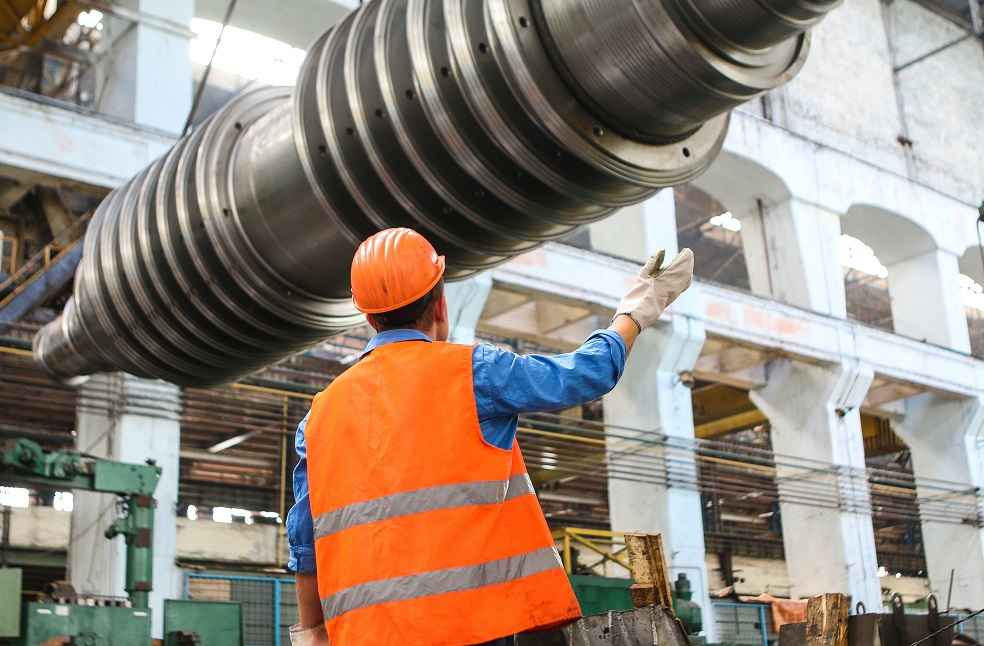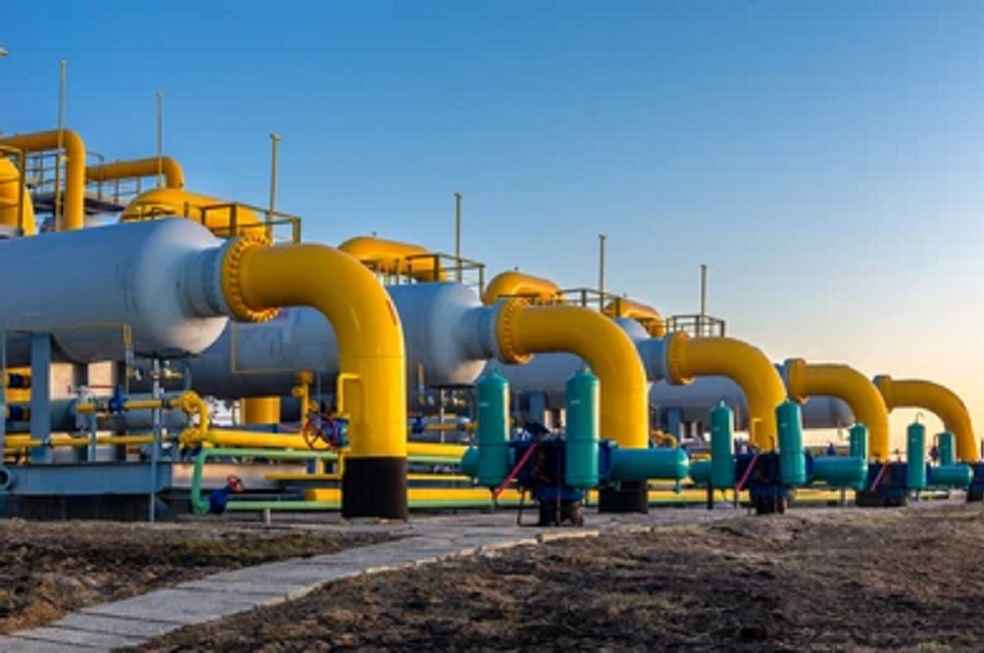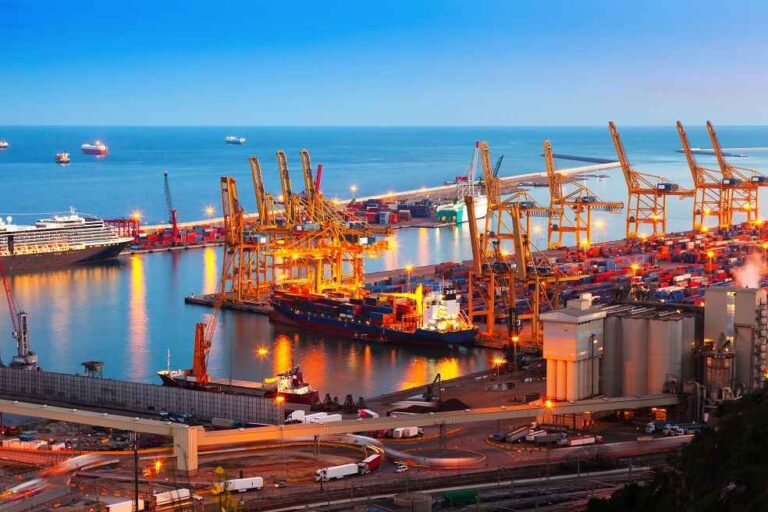Taiwan is taking steps to boost U.S. oil and gas imports, a central focus in tariff negotiations with the Trump Administration, Taiwanese President Lai Ching-te said on Tuesday.
As reported by Reuters, Lai’s office stated that boosting imports from the U.S.—including natural gas, oil, and other key energy resources—is not only a priority in the ongoing tariff negotiations between Taiwan and the U.S. but also a crucial step in Taiwan’s strategy to augment its energy independence and resilience.
Taiwan faced a 32% tariff, which has been paused for 90 days. The suspension comes amid Taiwan’s recent commitments to invest in U.S. energy projects. Taiwan struggles in negotiations with President Trump, who is focused on reducing deficits, as its semiconductor-heavy exports to the U.S. significantly outweigh the value of its imports from America.

Currently, around 10% of Taiwan’s total LNG imports come from the United States. Earlier this year, CPC Corporation, Taiwan’s state-owned oil and gas firm, expressed interest in the $44-billion Alaska LNG export project in the U.S. by signing a letter of intent to invest and purchase LNG from the facility.
Later, Taiwan was notified that agreements and commitments to purchase more U.S. energy do not guarantee tariff exemptions.
Despite being the sole early investor in the massive Alaska LNG project, Taiwan was still subjected to one of the highest tariffs, while Japan and South Korea remain hesitant to proceed.

Many Asian nations are accelerating efforts to boost imports of U.S. energy in response to the steep tariffs imposed earlier in April. Delegations from various Asian countries are traveling to Washington to address these tariffs, which are particularly burdensome for economies across Asia and Southeast Asia.
METAL WORLD | India Imposes 12% Temporary Tariff on Steel Imports from China



